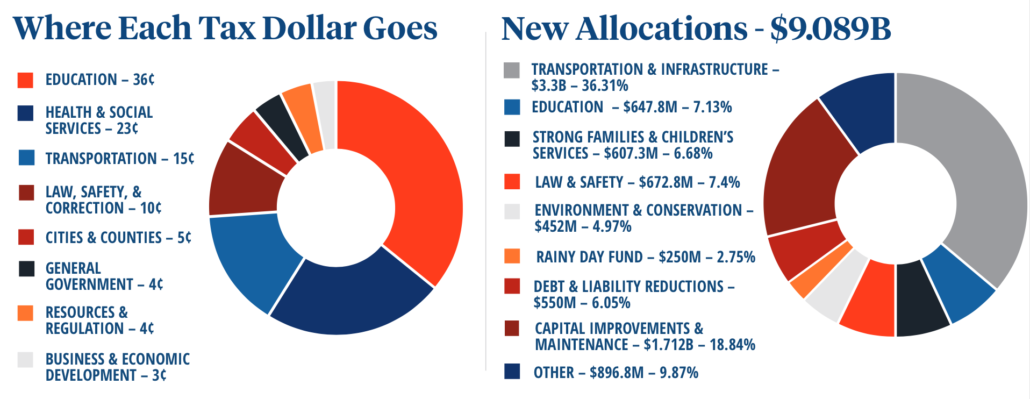As automakers retool their factories to build electric vehicles (EVs), many more EVs will be on the roadways in the next decade. Meriwether Lewis Electric Cooperative is helping to make sure that Tennessee is ready with charging infrastructure.
On June 29, MLEC announced that it has installed two chargers at its 28 Park Avenue South, Hohenwald, Tennessee office as part of Fast Charge TN, a partnership between the Tennessee Valley Authority (TVA) and the Tennessee Department of Environment and Conservation (TDEC), and Seven States Power Corporation. This Fast Charge TN installation is part of the regional Fast Charge Network that will cover major travel corridors across TVA’s seven-state service area and will complement the broader efforts of the National Electric Highway Coalition, which seeks to enable long-distance EV travel by placing fast chargers along interstates and major highways throughout the United States.
“We moved quickly to participate in Fast Charge TN because we want to make it easy for people to choose EVs so our community can enjoy the environmental and economic benefits of electric transportation,” said MLEC President and CEO Keith Carnahan. “The funding from TVA and TDEC makes it possible to add fast chargers in our community by providing 80% of the project cost.”
TVA and TDEC have brought together local power companies, state and local government partners, and others to pave the way for over 200,000 EVs on Tennessee Valley roads by 2028. The benefits that these EVs bring to the Tennessee Valley region are significant:
- Attracting good jobs — $13.8 billion in EV and battery manufacturing have helped create over 10,000 EV-related jobs.
- Reducing carbon emissions from gasoline vehicles by almost 1 million metric tons per year or the equivalent of the carbon sequestered by 1 million acres of US forests in one year.
- Reinvesting $120 million in the local economy every year from electric refueling.
- Saving drivers up to $1,000 in fuel and maintenance costs every year.
“TVA is partnering with local power companies like Meriwether Lewis EC and state agencies like TDEC to invest in charging infrastructure across the Tennessee Valley region because electric vehicles benefit everyone,” said Justin Maierhofer, TVA regional vice president. “These investments allow TVA to save drivers money and attract good jobs and tourism– all powered by electricity from TVA and your local power company.”
“Tennessee’s air is cleaner as measured by federal air quality standards than it has been in generations, and a clean environment helps drive economic development,” TDEC Deputy Commissioner Greg Young said. “TDEC is partnering with TVA and MLEC on the development of this station to continue Tennessee’s environmental and economic momentum while further entrenching our state as the epicenter of the electric vehicle transition.”
“This charging location does more than charge cars — it connects Hohenwald to the Fast Charge Network and plays an important role in putting our region on the leading edge of the new electric economy,” said Carnahan.
“As the go-to technology partner for local power companies across the Tennessee Valley, Seven States is proud to support the growing demand for EV charging infrastructure,” said Betsey Kirk McCall, President and CEO of Seven States Power Corporation. “This project is the latest example of how partnerships between private, public, and nonprofit entities can produce lasting real-world impacts on our economy and environment.”
To learn more about the Fast Charge Network, calculate how much money an EV could save you or locate EV charging stations on your travel route, check out https://energyright.com/ev/.
Learn more about Fast Charge TN here: www.tn.gov/EVFastCharge.

 NASHVILLE –Tennessee Valley Authority recently announced that Mike Knotts, CEO of the Tennessee Electric Cooperative Association, will serve on its Integrated Resource Plan working group.
NASHVILLE –Tennessee Valley Authority recently announced that Mike Knotts, CEO of the Tennessee Electric Cooperative Association, will serve on its Integrated Resource Plan working group.
 The Tennessee Electric Cooperative Association has announced that Ryan King will lead the association’s government relations and public policy efforts as vice president of government affairs.
The Tennessee Electric Cooperative Association has announced that Ryan King will lead the association’s government relations and public policy efforts as vice president of government affairs.
